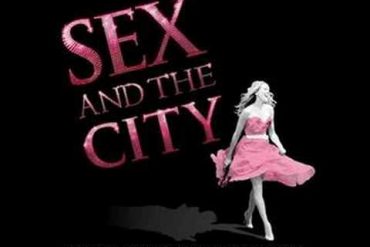Poppy Fascism? Give me Strength
Over the last few weeks, I have noticed that some of my twitter-loving friends have been posting blogs and articles about something called “poppy fascism”. What on earth they mean by this frankly ridiculous term I’m not sure. It appears to refer to the ostentatious wearing of the poppy by politicians and public figures who are keen to link themselves to the memory of Britain’s war veterans. In some circles apparently, though not any that I am in, it is regarded as obligatory to wear a poppy and people who choose not to do so feel criticised in some way. Although as we mark the 70th anniversary of the conclusion of the Second World War, we may just pause to remind ourselves that social death is not as bad as actual death.





